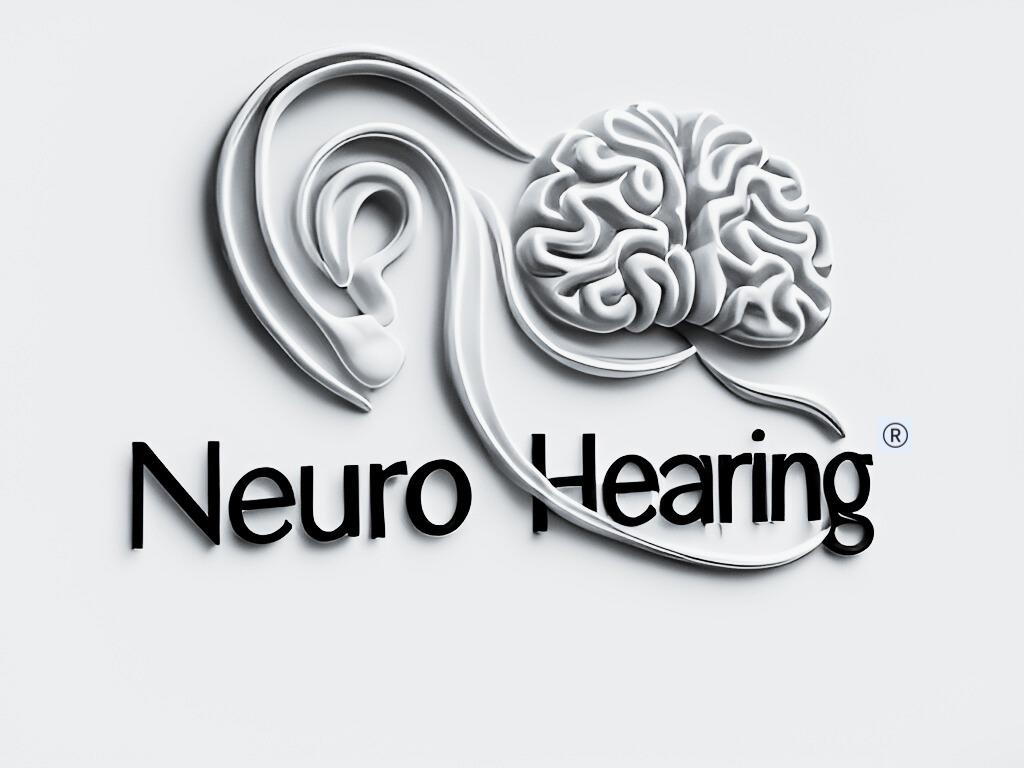Symptoms of Nerve Damage in the Ear (Auditory Neuropathy or Neural Hearing Loss)
Nerve damage in the ear—often referred to as auditory neuropathy or neural hearing loss—affects how sound signals are transmitted from the inner ear to the brain. Unlike typical hearing loss caused by damage to the hair cells in the cochlea, this condition involves the auditory nerve or the brain’s ability to process sound.
Here are the most common symptoms:
1. Difficulty Understanding Speech
Especially in noisy environments. People often describe it as “hearing but not understanding.” The sounds may be loud enough, but the brain struggles to make sense of the words.
2. Fluctuating Hearing Abilities
Some people with nerve damage experience inconsistent hearing—their hearing might seem fine one day and worse the next. This is a key indicator of auditory neuropathy.
3. Poor Speech Clarity
Even with hearing aids, the clarity of speech may not improve. This is due to disrupted signal transmission between the ear and brain.
4. Difficulty Hearing in Background Noise
Noisy settings, like restaurants or gatherings, are often overwhelming. The brain cannot filter speech from background noise effectively.
5. Tinnitus (Ringing or Buzzing in the Ears)
A constant or intermittent ringing, buzzing, or hissing sound is often reported, especially when nerve damage is involved.
6. Delayed or Missed Responses
In children, this may appear as delayed speech and language development. In adults, it may manifest as slow or inaccurate responses during conversation.
7. Balance Issues (in some cases)
If the vestibular nerve (responsible for balance) is also affected, patients may experience dizziness, unsteadiness, or vertigo.
When to See a Specialist
If you or someone you care about is experiencing any of these symptoms—particularly difficulty understanding speech even when hearing volume seems normal—it’s worth consulting a NeuroHearing™ specialist or audiologist. A comprehensive hearing assessment that includes both peripheral and cognitive testing can determine if nerve-related hearing loss is present.

